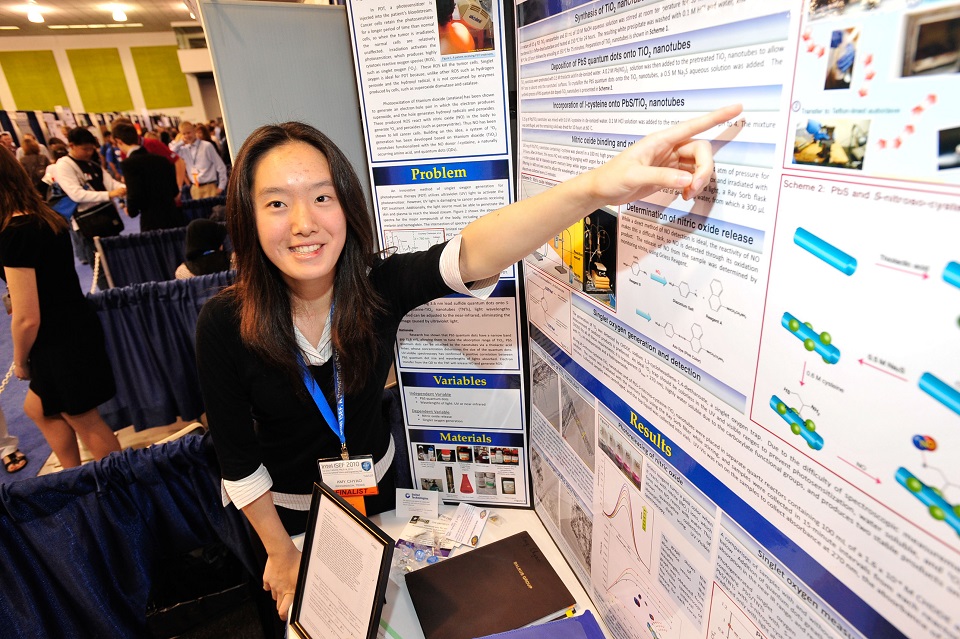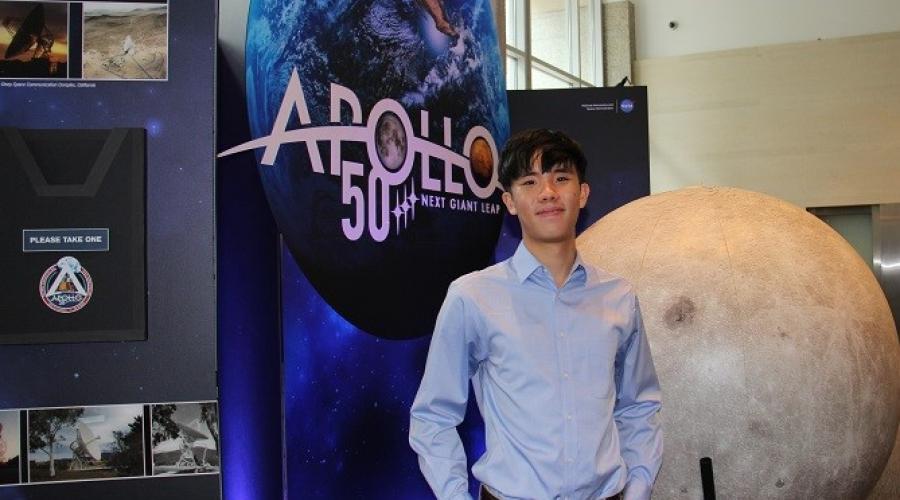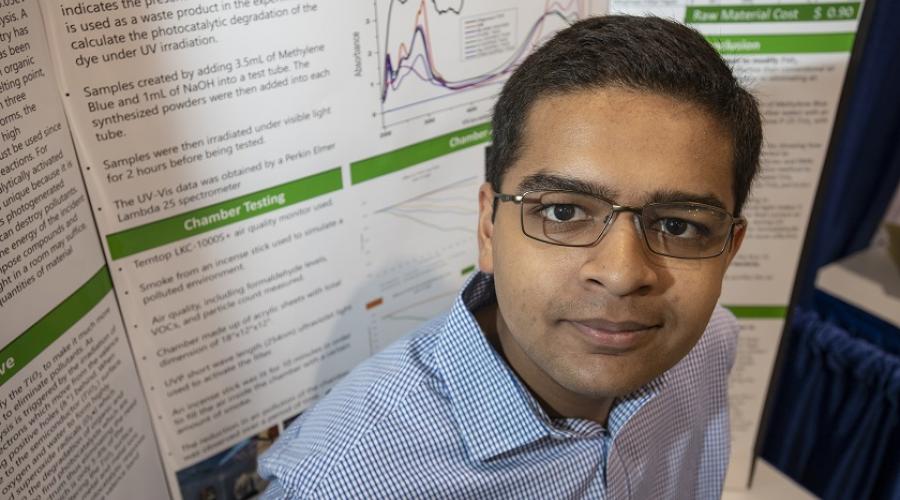Nobel Prize Winners Answer Finalists’ Questions at Intel ISEF 2012
Eight Nobel Laureates (J. Michael Bishop, Martin Chalfie, Dudley Herschbach, H. Robert Horvitz, John Mather, Douglas Osheroff, Carl Wieman, and Ada Yonath) participated in a panel discussion at the Intel International Science and Engineering Fair 2012 (Intel ISEF) this past Tuesday moderated by Joe Palca, NPR Science Correspondent. This is the first year that Intel ISEF has had a female Nobel Laureate participate in this panel.
The Laureates began by giving a 60-second description of the research for which they were awarded the Nobel Prize and then responded to pre-selected questions from student finalists in the audience. Many of the panelists had not been pursuing similar subjects in high school. In fact, Bishop said he was pursuing “A’s, a letter in track, and girls.” The panel was split on whether or not they had participated in science fairs as a student. Some had, although relatively unsuccessfully, however many had experimented on their own in back yards or garages. Osheroff described how he frequently created things that were “almost lethal.”
When asked how they dealt with failure, Yonath responded, “Big problems lead to great innovation and thinking.” Horvitz told a story about a colleague at Cold Spring Harbor Laboratory going through multiple refrigerators and tossing out rack after rack of test tubes representing several years of research. When asked why he was in such a good mood, he responded “I have a new idea.”
One student asked what one piece of evidence the panelists would most want to have available. Mather wanted evidence of what dark energy and dark matter in space is; Bishop wanted a full inventory of the genetics and genetic mutations related to cancer; and Herschbach wanted quantum computers. The panelists also encouraged students not to feel pressured to pursue intense specialization, because many traditional boundaries are artificial, and research frequently spans and applies to more than one area.
When asked the best advice they had for aspiring scientists, especially female scientists, Yonath responded that “science is gender-neutral. There is no justification for discouraging women from science. It is possible to have a career and family. Most importantly, you have to have creativity and passion.” Horvitz agreed and added that you should find supportive mentors for the hard times, not be afraid of change, and “don’t listen to advice- do what you want and how you want it.” Osheroff urged finalists to “understand your motivations and fascinations” and Mather wanted finalists to focus on “reading, writing, and talking- your connection to humanity.”
After the panel discussion, students had the opportunity to meet the Nobelists individually, get autographs, photos, and ask questions. Check out the article about the Excellence in Science and Technology panel on Science News for more information.


